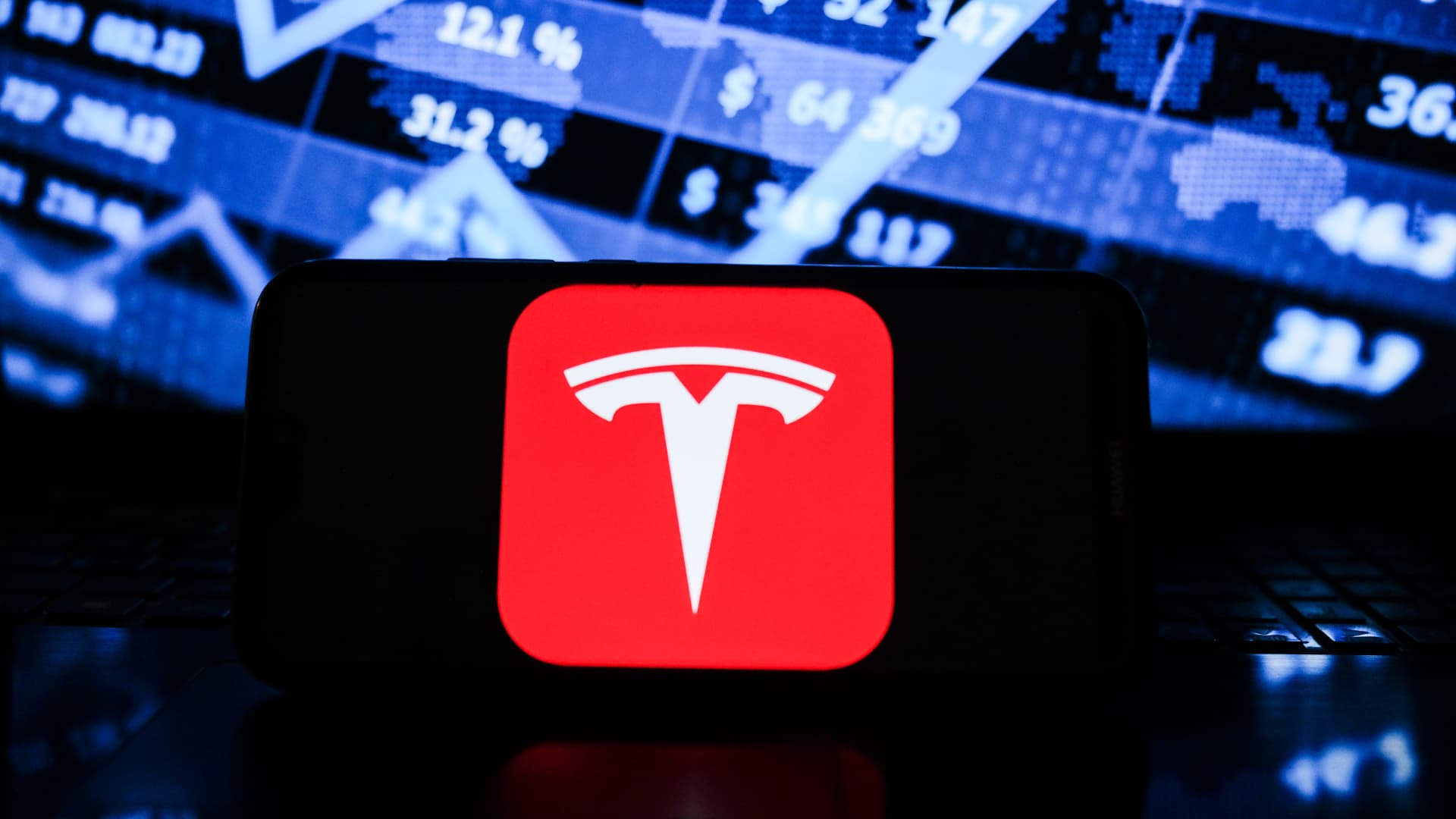Finance
Stocks making the biggest moves premarket: TSLA, DJT, CVS, DLTR
-

 Blog Post6 days ago
Blog Post6 days agoCommon Bookkeeping Challenges and Solutions for Small Businesses
-

 Accounting1 week ago
Accounting1 week agoHighest paid jobs in corporate accounting
-

 Economics1 week ago
Economics1 week agoElon Musk says Trump’s spending bill undermines the work DOGE has been doing
-

 Personal Finance1 week ago
Personal Finance1 week agoHarvard, Trump international enrollment battle affects college applicants
-

 Economics1 week ago
Economics1 week agoWhy the president must not be lexicographer-in-chief
-

 Personal Finance1 week ago
Personal Finance1 week agoCrypto in 401(k) plans: Trump administration eases rules
-

 Accounting1 week ago
Accounting1 week agoTrump to pardon stars of reality show ‘Chrisley Knows Best’
-

 Finance1 week ago
Finance1 week agoVail Resorts, GameStop and more










